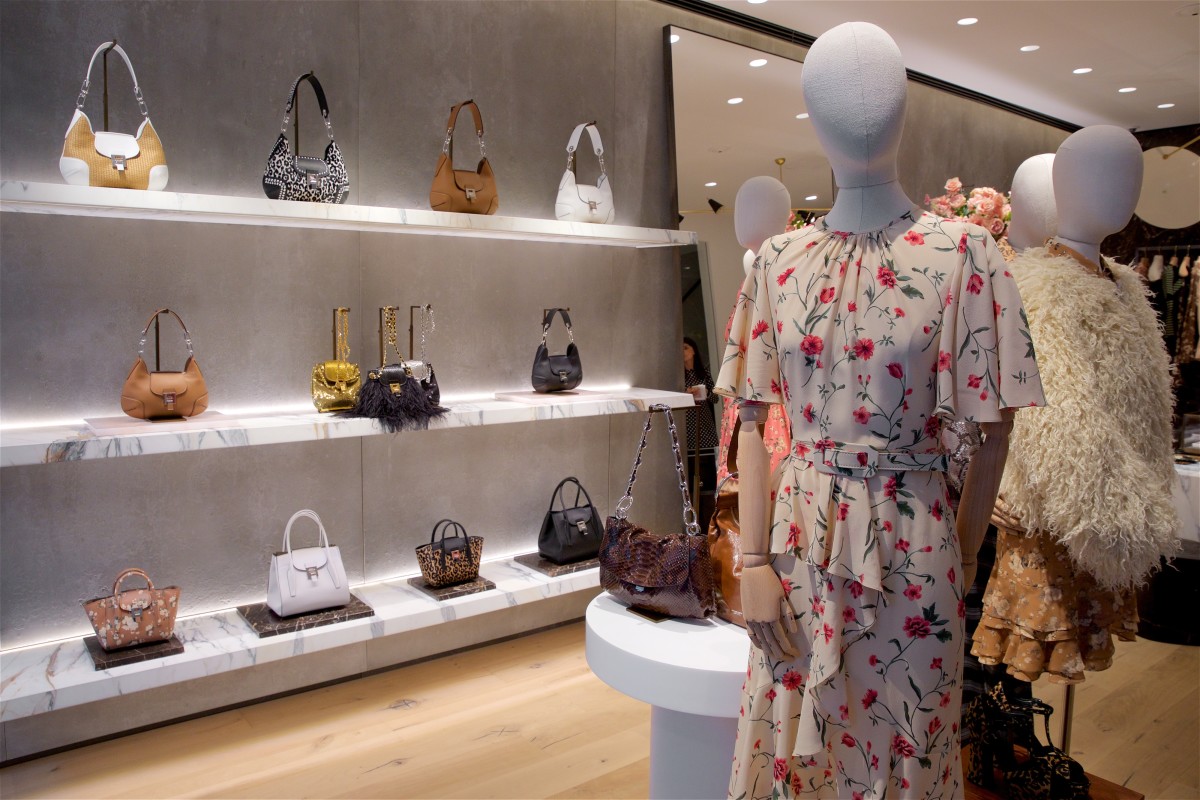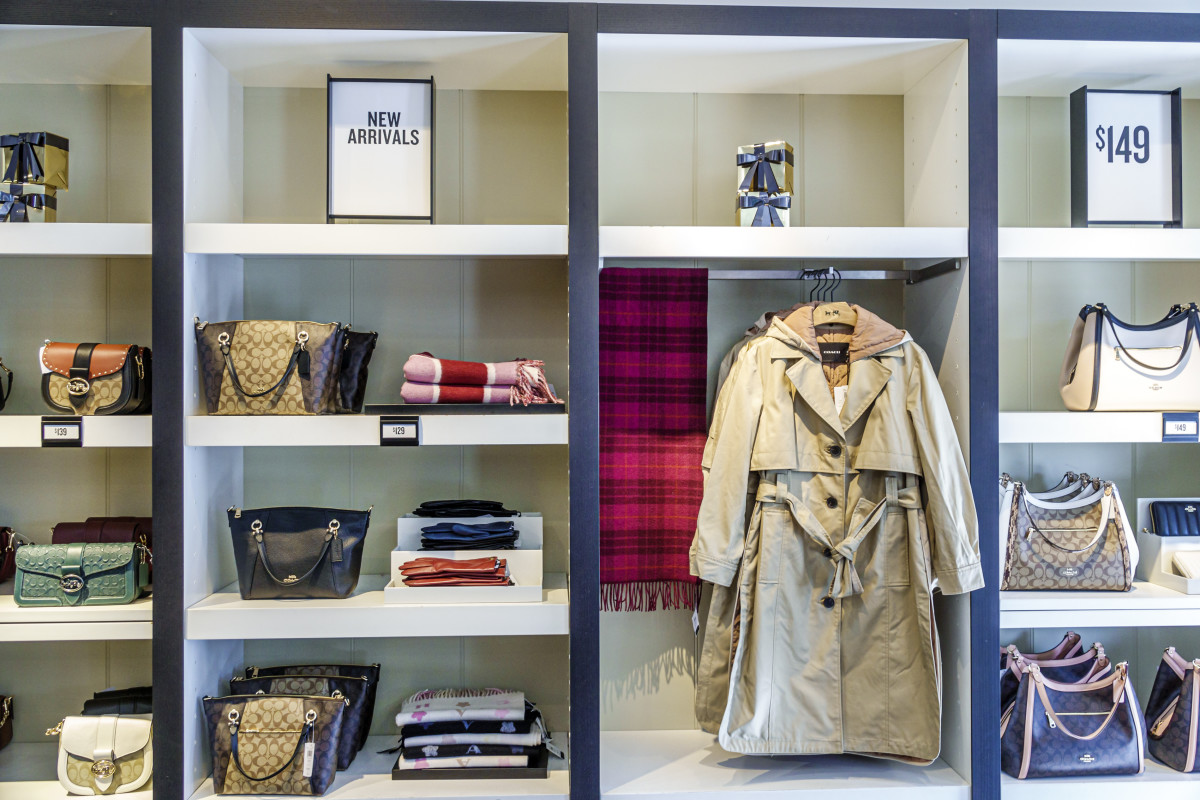
Since the inception of the luxury fashion industry, Europe has held the number-one spot in the space, thanks to the emergence of some of the world's most highly coveted brands, like Chanel, Dior, Gucci, and Louis Vuitton, to name a few.
However, these luxury fashion companies have been experiencing some of the steepest sales declines in the industry, at least partially because of a softening in customer spending due to inflation and an uncertain global economy.
💰💸 Don’t miss the move: SIGN UP for TheStreet’s FREE Daily newsletter 💰💸
This is especially true of Chinese consumers, who have been luxury's best clients for years but have become a major factor in the industry's downturn.
More recently, two popular U.S.-based luxury fashion houses are feeling the pinch, leading them to consider a bold new approach. Unfortunately, the U.S. government just dashed their plans.

Tapestry and Capri plan historic merger
In August 2023, Tapestry Inc. (TPR) announced its plans to acquire Capri Holdings (CPRI) in an $8.5 billion deal to merge the luxury fashion houses.
These two U.S. companies own some of the most popular luxury fashion brands in the industry. Tapestry owns renowned brands like Coach, Kate Spade, and Stuart Weitzman, and Capri owns esteemed brands, including Versace, Jimmy Choo, and Michael Kors.
Related: FTC trial against $8.5 billion U.S. luxury merger heats up
If the deal were to go through, this multi-billionaire merger would create one of the largest luxury fashion houses in the world, effectively putting the U.S. at the forefront of the luxury fashion world, a spot Europe has held for years.
Although the merger threatened Europe's fashion luxury dominance, Japan and the European Union approved the deal, but the U.S. government sees things differently.
The FTC block Tapestry and Capri merger plan
When the Federal Trade Commission (FTC) learned of this U.S. luxury fashion takeover plan, it quickly filed an antitrust lawsuit to block the merger.
By a 5-0 vote, the FTC successfully passed the complaint against both companies to seek a temporary halt on the merger in favor of the public interest in April, stating that the law would be violated if the deal were to go through.
The FTC argued that the deal between two leading U.S. fashion houses would eliminate brand competition, effectively cornering the affordable luxury handbag market and eliminating consumer accessibility.
They also argued that the merger would negatively affect the companies' workforce by removing competition for employees, which in turn would reduce wages and workplace benefits.
Related: Macy's has bold new strategy for customers ahead of holiday season
After months of analyzing the merger, a verdict was reached on Thursday in favor of the FTC, putting hopes of the merger to rest for now.
Tapestry and Capri expressed disappointment in the decision and announced a plan for an appeal, as they presumed the facts regarding the FTC's complaints to be inaccurate.
"Tapestry and Capri operate in an industry that is intensely competitive and dynamic, constantly expanding, and highly fragmented among both established players and new entrants," said Tapestry and Capri in a joint statement.
More Retail:
- Owner of formerly bankrupt retail store chain delivers harsh news to workers
- Keeping Up With Fashion: Prada, Diesel look outside the box for latest wins
- Nike makes huge business move to ensure dominance in sports
Tapestry and Capri also argued that this merger doesn't infringe on competitive practices but rather would benefit both consumers and fashion houses equally.
"We face competitive pressures from both lower- and higher-priced products and continue to believe this transaction is pro-competitive and pro-consumer. We intend to appeal the decision, consistent with our obligations under the merger agreement,” Tapestry and Capri added.
Related: Veteran fund manager sees world of pain coming for stocks







